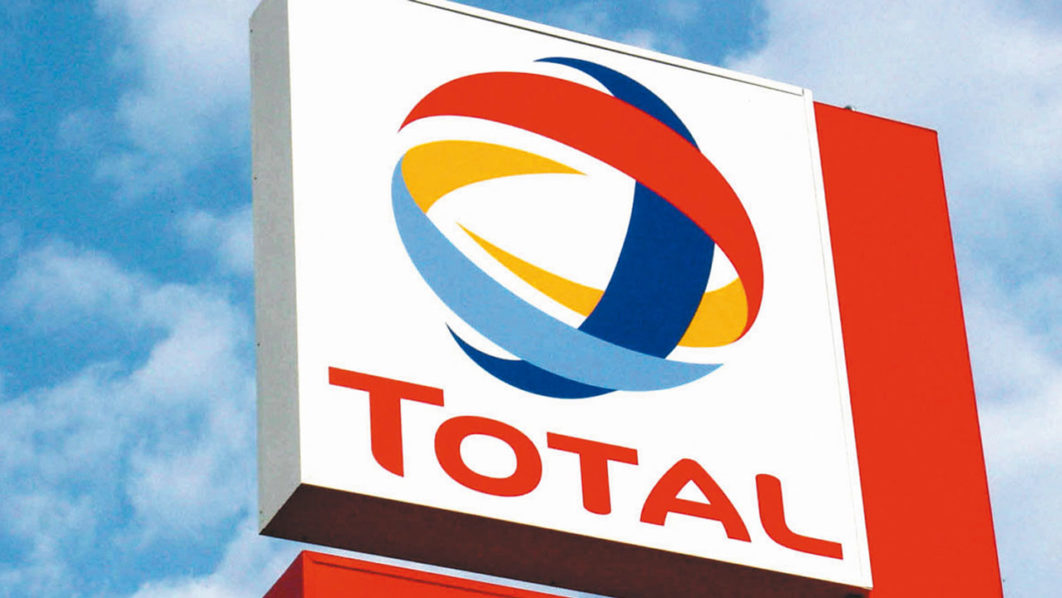Just published Total Nigeria’s 2019 Quarter one results has displayed some percentage of drop in success with Profit After Tax (PAT) declining by 128.4% year-on-year (y/y).
This forced the energy giant to post its first quarterly loss on record as PAT was impacted by gross margin decline, as well as higher operating expenditure and net finance costs.
Analysts at Cordros Capital observed that revenue grew by 2.3%/ y/y, the major driver being increased sales across the Aviation (+57.9%) and General Trade (+7.6%%) segments of the business.
The experts said noteworthy is the fact that, according to management, the aviation fuels business is one of the only segments (including bitumen) of the downstream sub sector where the NNPC is not a competitor. Compared to Q4-18 however, revenue declined by 4.5%, following decreased sales in the General Trade (-32.8%) segment.
While gross profit margin (10.5%) recovered from a record low of 4.7% in Q4-18, it moderated by 50bps relative to the corresponding period of last year. The margin contraction was due to CoGS growing faster than revenue – CoGS rose across the the General Trade (+8.73%) and Aviation (+53.1%) segments due to higher volumes purchased.
Looking closer at segments, analysts say only the Aviation (+363 bps y/y to 4.20%) segment posted gross margin expansion, with the Network (-43 bps y/y to 11.02%) and General Trade (-93 bps to 11.50%) both recording margin contractions.
However, OPEX surged 22.6% y/y, with the ratio-to-revenue coming in at 9.0% (its peak over the last four years), akin to Q4-18.
Dissecting the breakdown, Cordors Capital averred that “We saw a 108% increase in rent (6% of total OPEX), and a 12% increase in staff costs (36% of total OPEX). An additional NGN260.84 million, not present in Q1-18, for Technical assistance and management fees (4% of total OPEX), was also record. This, together with the decline in other income (-34.0%) compounded the weaker gross margin. Thus, EBIT declined by 57.5% y/y.
Elsewhere, net finance cost of NGN1.80 billion was recorded, 192.6% higher y/y, comprising (1) 178.6% increase in finance costs and (2) a slower increase in finance income (+60% y/y). Focusing on the former, we note that the balance of the overdraft is higher compared to Q4-18 (+185%) and more than quadruples Q1-18’s. According to management, the high debt levels are due to the current operating/supply regime wherein the accounts of the NNPC, now the sole supplier of PMS, must be funded in advance before petroleum products are received.
Additional revelations of the report showed that Total recorded a loss before tax (-115.9% y/) of NGN 418 million, with a tax charge of NGN56 million resulting in a loss after tax (-128.4% y/y) of NGN 474 million, the company’s first loss on record. Compared to Q4-18, PAT was down 260.6%, driven by high net finance costs (NGN1.80 billion vs. net finance income of NGN5.08 billion in the absence of any reimbursements from the Petroleum Subsidy Fund (PSF) as in the previous quarter).
In its executive summary, the team of analysts concurred that Total’s Q1 performance is unimpressive, and a continued reflection of the challenging operating environment.








